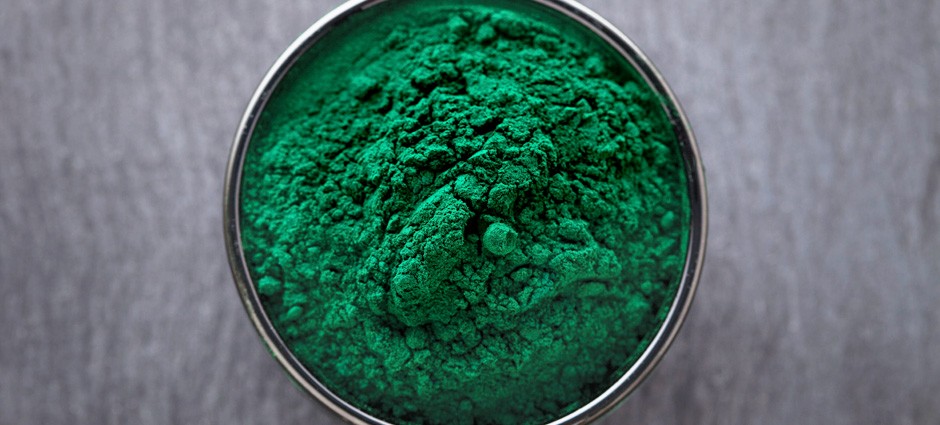What is it?
Spirulina is by far the most palatable alias for this nutrition heavyweight, which also goes by blue-green algae or its street name: pond scum. Despite its unappetizing moniker, it’s one of the world’s most nutrient-dense foods and has been consumed since the time of the Aztecs. It grows in both fresh and salty waters in tropical and subtropical regions.
What to use it for:
Managing cholesterol levels, reducing triglycerides, combating oral-cancer lesions, supporting immunity, enhancing muscle strength and endurance, relieving seasonal allergies.
The science:
Scientific support for spirulina’s benefits is promising but incomplete. The USDA affirms its high nutrient levels:
1 tablespoon provides 4 grams of protein, 21 percent of your daily copper requirements, 15 percent of vitamin B2, and 11 percent of both iron and vitamin B1. It’s also rich in antioxidants. Some studies suggest it can lower triglycerides and improve cholesterol levels, and multiple studies found it to diminish precancerous oral lesions. High doses of spirulina (4.5 grams per day) have been shown to reduce blood pressure.
How to take it:
Spirulina can be eaten as a whole food but is most commonly found in powdered form, either as tablets or capsules. No daily dose has been established, so consult your doctor and follow label directions. Also, be extra-cautious if you have an autoimmune disease, because spirulina can stimulate the immune system.
free & clear
Spirulina easily absorbs toxins from its environment, so be sure to research your supplement’s source. Avoid spirulinafrom natural lakes; look for indications that it’s been tested for microcystins, BMAA and other toxins; and buy organic when possible.
Sorry, no B12
Don’t be fooled: Although it’s sometimes touted as a good B12 source, spirulina contains only pseudovitamin B12, which is inactive in the human body.
See also The Benefits of B Vitamins.

